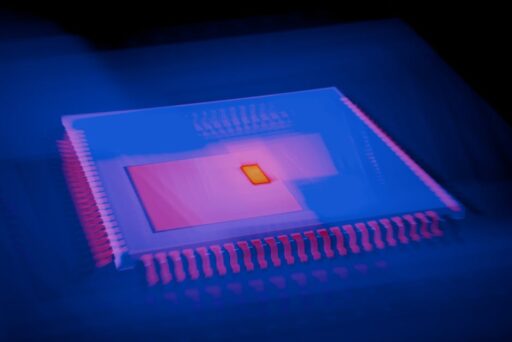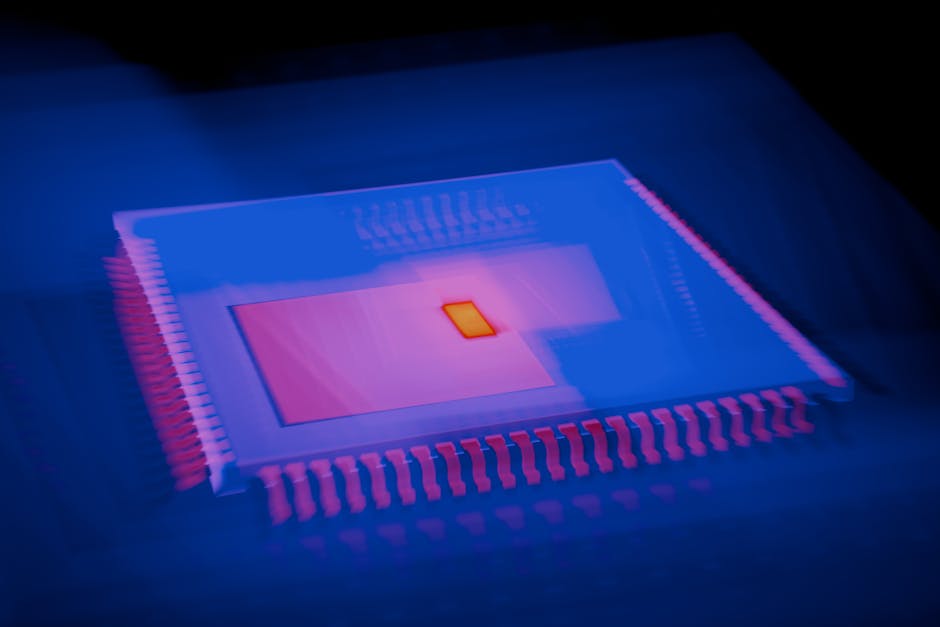The Implications of U.S. AI Chip Exports to China
The recent decision by the U.S. government to resume the sale of advanced AI chips to China has sparked significant debate among national security experts and former government officials. Concerns have been raised about the potential erosion of the United States’ technological edge in artificial intelligence, particularly in military and civilian applications.
At the heart of the controversy is the H20 AI chip, which is recognized for its powerful capabilities in AI inference—critical for processing and making decisions based on new data. Experts argue that allowing these chips to be sold to China could enhance their frontier AI capabilities, which may have strategic military implications.
Critics of the decision emphasize the risk of exacerbating the existing AI chip bottleneck in the U.S. and the potential for these chips to be employed in Chinese military projects. They stress the importance of maintaining stringent export controls to safeguard national security interests. Notable signatories of a letter urging the reversal of this decision include former high-ranking officials from national security and homeland security sectors.
This debate unfolds amid broader discussions on the U.S. AI policy landscape, recently highlighted in the Trump administration’s AI Action Plan, which underscores the need for balanced AI chip export restrictions. The plan, however, lacks clarity on the specific measures that will be implemented to protect U.S. interests.
As the U.S. navigates these complex issues, the balance between commercial trade and national security remains a critical focus, with long-term implications for the country’s position in global technological leadership.






